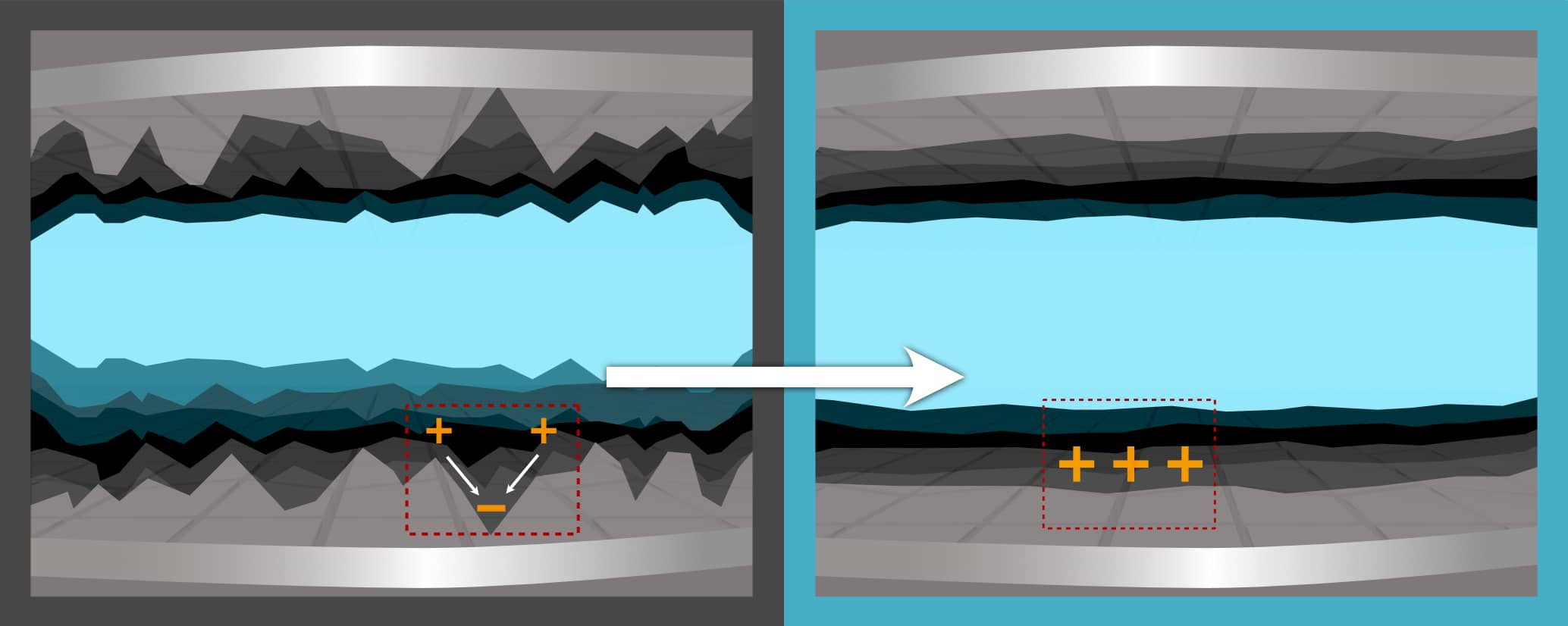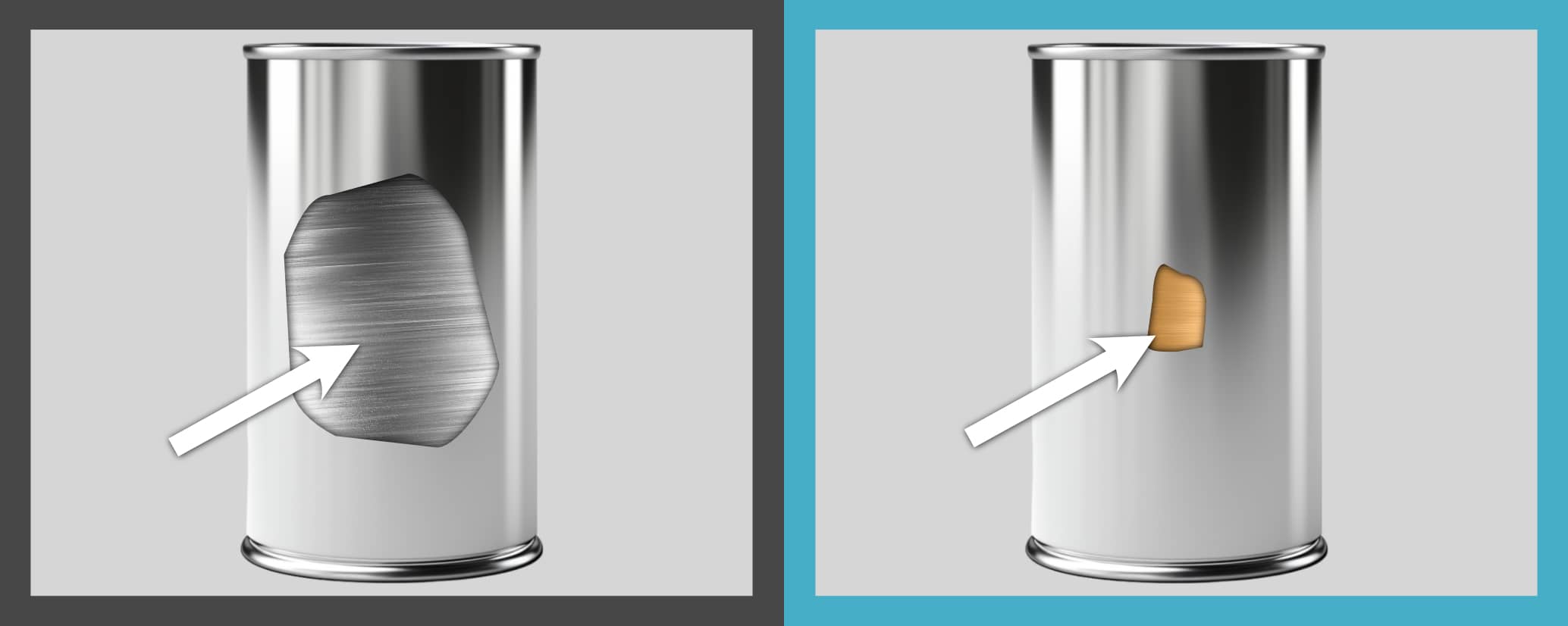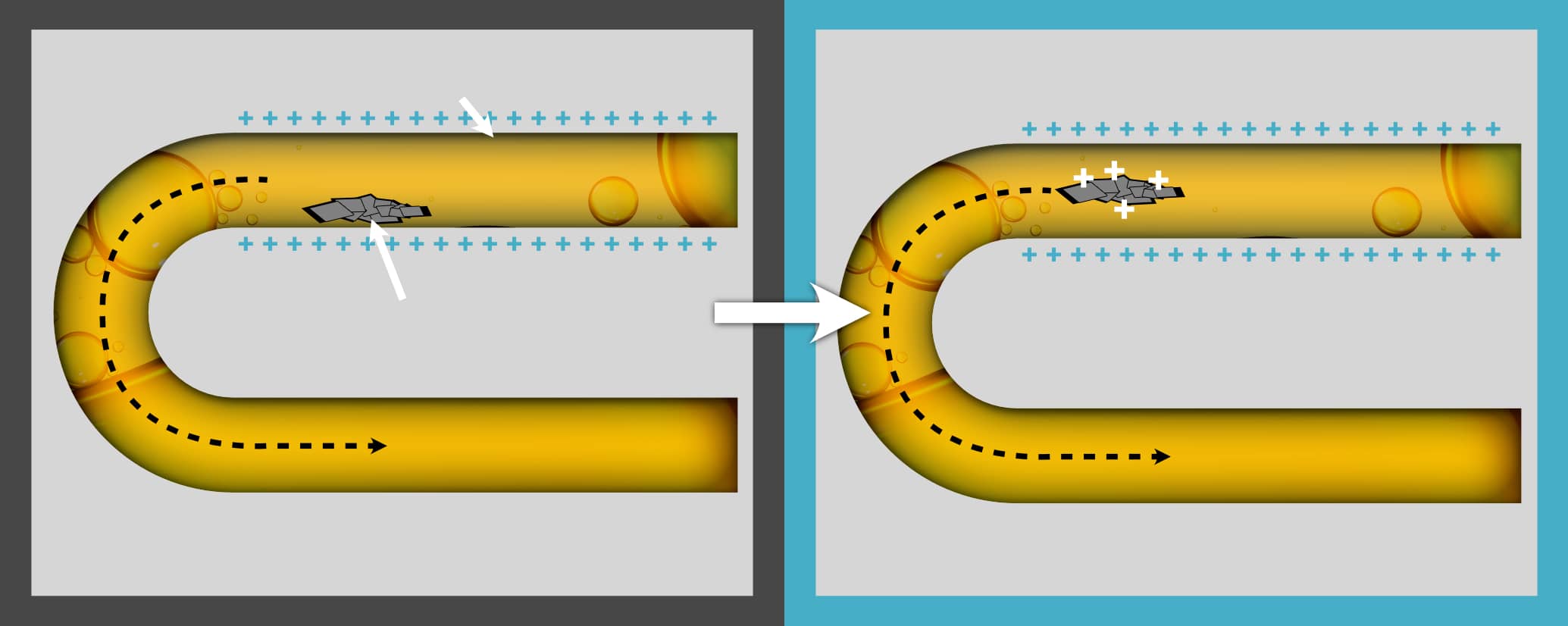No products in the basket.
Advanced Oil Film Formula
Revolutionary lubrication technology utilizing surface ionisation and polarisation mechanisms to create ultra-thin protective coatings that fundamentally transform mechanical system performance
Technical Documentation

The Lubrication Challenge
Traditional lubricants face fundamental limitations in extreme operating conditions. Surface irregularities create friction points, thermal cycling degrades protective films, and contamination compromises lubrication effectiveness. These challenges demand innovative molecular-level solutions.
Micro-Surface Irregularities
Metal surfaces contain microscopic peaks and valleys that increase friction and wear
Thermal Degradation
High temperatures break down conventional lubricant molecular structures
Corrosion Formation
Oxidation and chemical contamination create corrosive compounds that damage surfaces

Advanced Oil Film Formula Technology
Our breakthrough approach utilizes controlled ionisation of lubricated surfaces combined with polarisation coating mechanisms to create ultra-thin protective barriers that eliminate traditional lubrication limitations

Surface Ionisation Activation
Specialized molecular compounds ionise metal surfaces, creating electrostatically charged zones that attract and bond protective molecules with unprecedented strength.
Polarisation Coating Formation
Long-chain hydrocarbons align along polarised surface zones, forming ultra-thin protective coatings that smooth micro-irregularities and create uniform surface topology.
Protective Film Stabilisation
The molecular coating maintains thermal stability across -40°C to +50°C while preserving base oil kinematic viscosity and providing continuous surface protection.
Quantified Performance Characteristics
Verified through dynamometer testing
Measured across 100+ vehicle fleet
Independent garage validation studies
Thermal analysis laboratory results
Proven Benefits
Reduces Friction Resistance
Significantly decreases mechanical friction, improving system efficiency and performance.
Decreases Energy Consumption
Lower friction translates to reduced energy requirements and operational costs.
Increases Component Service Life
Extended component lifespan reduces maintenance frequency and replacement costs.
Prevents Corrosion
Advanced protective barriers prevent oxidation and corrosion damage.
Improves Heat Dissipation
Enhanced thermal conductivity helps maintain optimal operating temperatures.
Prevents Deposit Formation
Keeps systems clean by preventing harmful deposit and sludge buildup.

Technical Specifications & Laboratory Results
Comprehensive testing data from Oil and Gas Institute and independent laboratory validation
Operational Temperature Range
Full performance across extreme temperature conditions with maintained molecular stability
Film Characteristics
Maintains standard oil film thickness while providing superior protection through molecular-level bonding
Kinematic Viscosity
No alteration to base oil kinematic viscosity - verified through standardized testing procedures
Friction Reduction
Surface micro-irregularity smoothing verified through dynamometer testing and fleet validation
Anti-Corrosive Properties
Proven anti-corrosive film formation preventing oxidation and deposit accumulation
Heat Dissipation
Enhanced thermal conductivity through optimized molecular structure and surface interaction
Official Test Documentation

Industrial Applications
Our technology is effective across multiple industries and mechanical systems:
General Mechanical Systems
Gearboxes, transmissions, and hydraulic systems
Automotive Applications
Engine oils, transmission fluids, and differential lubricants
Industrial Equipment
Manufacturing machinery, compressors, and heavy equipment
Fuel System Enhancement
Fuel additives and injector cleaning solutions
Experience Advanced Technology
Discover how MG Red Line advanced oil additives can transform your mechanical systems
* Performance results based on internal laboratory testing and field measurements conducted under controlled conditions. Actual results may vary depending on application, operating conditions, and equipment specifications.
